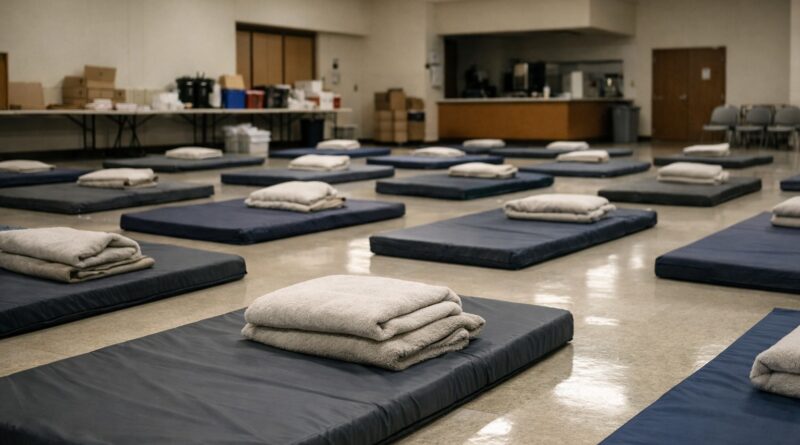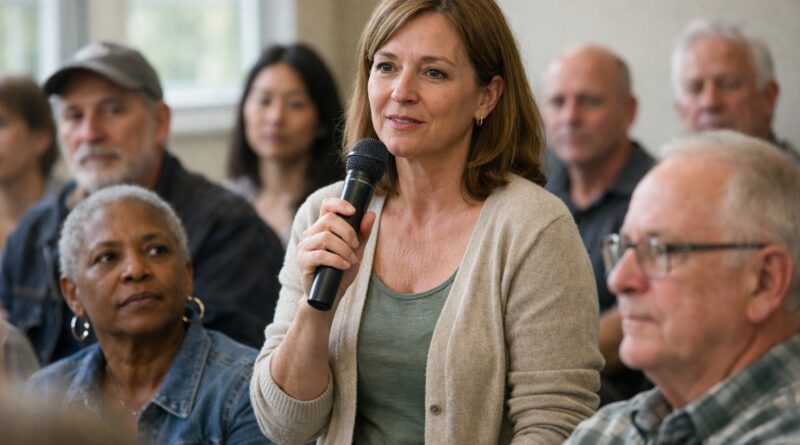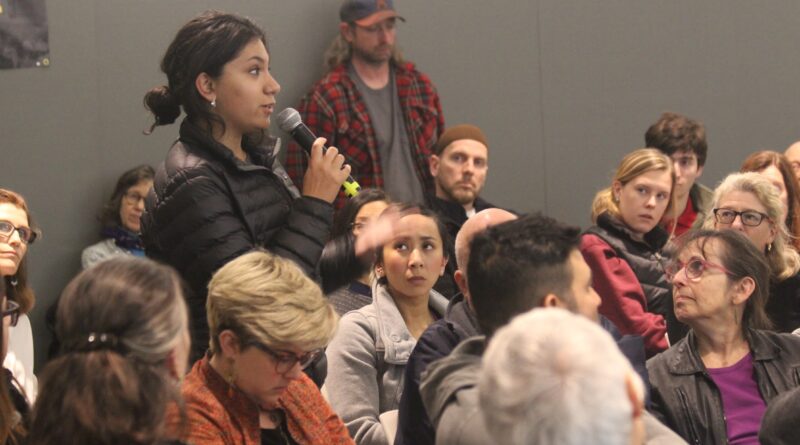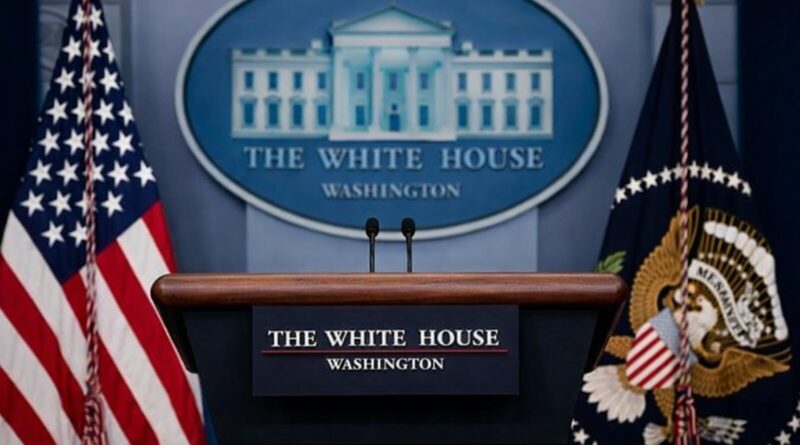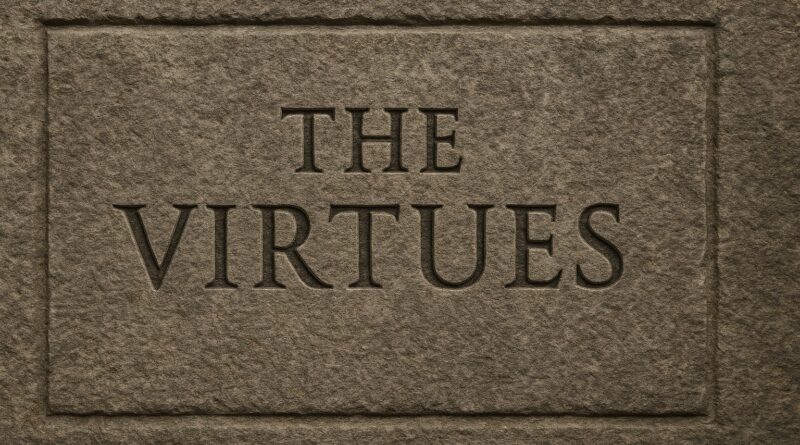Choosing Enough
We live in a world that is very good at convincing us that more is always better. More food, more comfort, more information, more outrage, more things. Our phones are built to keep our attention just a little longer. Our culture treats abundance as harmless and excess as normal. But when everything is available all the time, the real question is no longer what we can have. It is what we should choose to take in, and what it is quietly costing us.
Temperance offers an unfashionable answer. Not denial. Not purity. Enough. It asks us to notice our appetites, not just for food, but for attention, certainty, comfort, and stimulation. It invites us to consider whether what we consume is actually nourishing us, or simply keeping us busy and restless. In an age engineered to keep us reaching, choosing enough becomes a quiet act of freedom, one that clears space for presence, joy, and a life that feels more truly our own.
Read more



